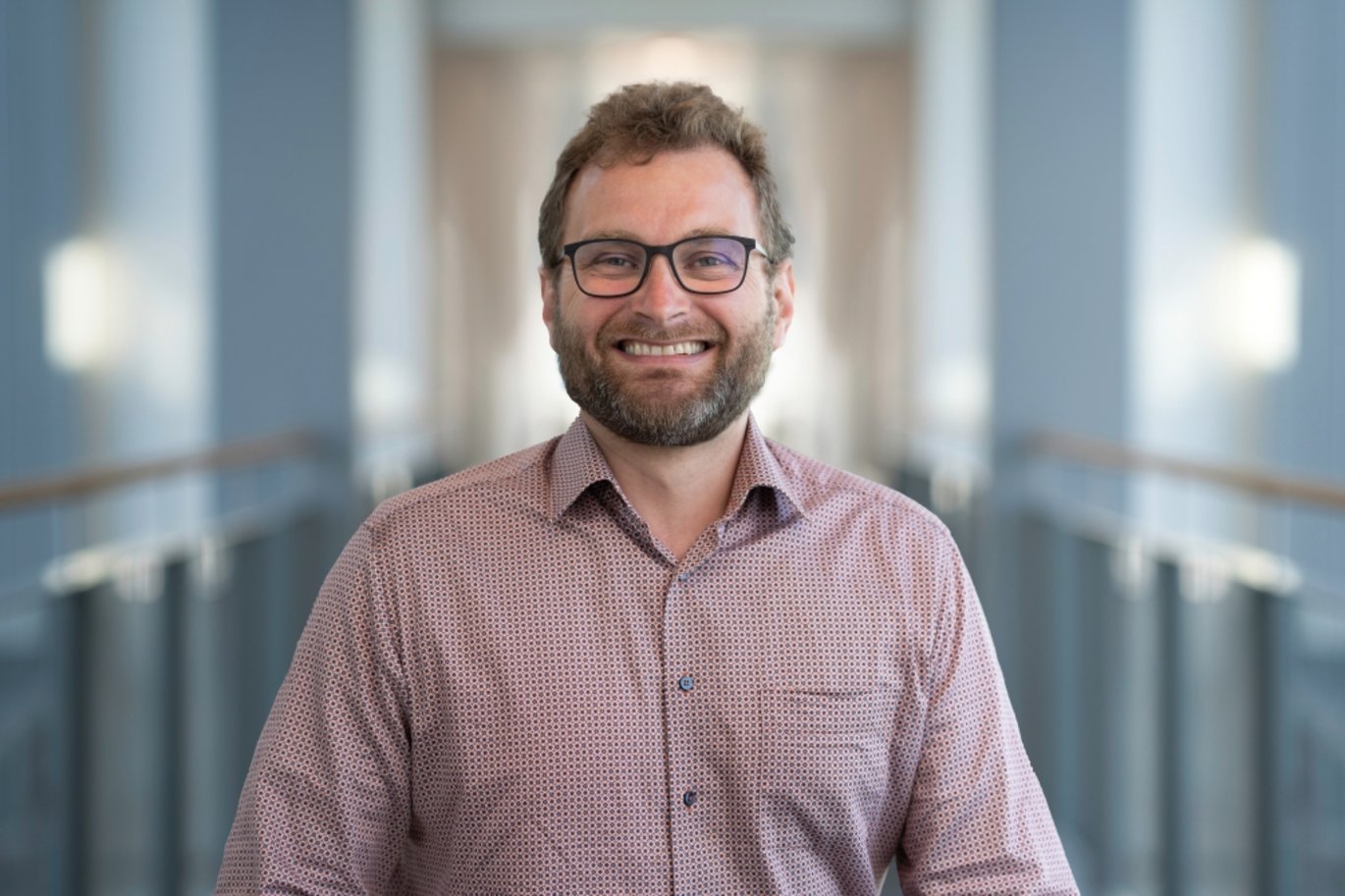Partisia can compute your deepest secrets without revealing you
New technology enables authorities and businesses to share data and gain entirely new insights - all while your personal anonymity is fully protected. The Aarhus-based IT company Partisia is behind this groundbreaking technology.

A group of friends has been out for dinner together. They agree that the wealthiest should foot the bill, but nobody wants to disclose the size of their fortune. How do they determine who the wealthiest is?
AU spinout Partisia is ready to revolutionize the way we handle data. And solve payment dilemmas with our more or less wealthy friends.
"This is a paradigm shift in the way we work with data. We can rank the wealth of the dinner party without revealing how much each individual earns," says Peter F. Frandsen, CTO and co-founder of Partisia.
Calculating on encrypted data
Partisia's purpose is - naturally - much larger than settling dinner bills. The core of the company is the ability to work with and calculate on encrypted data. It opens up entirely new possibilities for extracting knowledge from data that we couldn't access before.
"The Danish Health Authority has a lot of knowledge about the health of Danes, Statistics Denmark (Danmarks Statistik, red.) knows a lot about Danish transportation habits, where they live, how much they earn, and so on. By combining the two data sets, we can gain a lot of new knowledge, but authorities cannot share individual data, so it is not possible," says Peter F. Frandsen, presenting the solution:
"We can encrypt data in a way that allows sharing results based on individuals' data without sharing the data itself. This means that we can obtain aggregated knowledge about individuals from both the Danish Health Authority and Statistics Denmark, without knowing who the data pertains to. It provides some entirely new perspectives on how data can be shared, and new knowledge obtained."
Partisia's technology means, for example, that we can see if men between 40 and 50 years old who drive to Aarhus from the surrounding areas every day have a higher risk of illness than others. It's possible because we can now correlate data about people's residence, age, workplace with their health data.
Increased security and new possibilities
More than half of Partisia's developers are graduates from the Department of Computer Science at Aarhus University specializing in cryptography. Therefore, both research and security are very important to Partisia.
"Normally, IT security is like building a fortress around your business. It's strong, but if the criminals get in first, they have free rein. If, instead, you build your IT security with our encryption solution, the problem isn't as big if a hacker crosses the moat," explains Peter F. Frandsen and gives an example:
"A data breach at a bank or payment solution provider ideally shouldn't reveal the queen's finances. If all data is encrypted, hackers won't be able to use the data for much. At the same time, it will avoid a system administrator from peeking into people's private finances or tax affairs."
Multi-party computation becomes commonplace
The technology is called secure multi-party computation (MPC), and the perspectives in the technology are enormous, and even though it is still in its infancy, Peter F. Frandsen has no doubt that it will revolutionize our IT solutions.
"In the future, this technology will be everywhere. It will increase IT security for companies and authorities and open up entirely new business opportunities. It's obvious for banks, hotel chains, communication companies, and all sorts of authorities to adopt this technology."
On Thursday, April 18, Peter F. Frandsen will take the stage at the Matchpoints conference 'Cybersecurity: How do we maintain trust in our digital society?', organized by Aarhus University in collaboration with Aarhus Municipality. Here he will talk about how to collaborate on data while protecting privacy.
(Translated from Danish to English with assistance from ChatGPT.)
